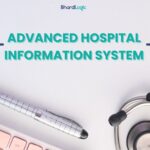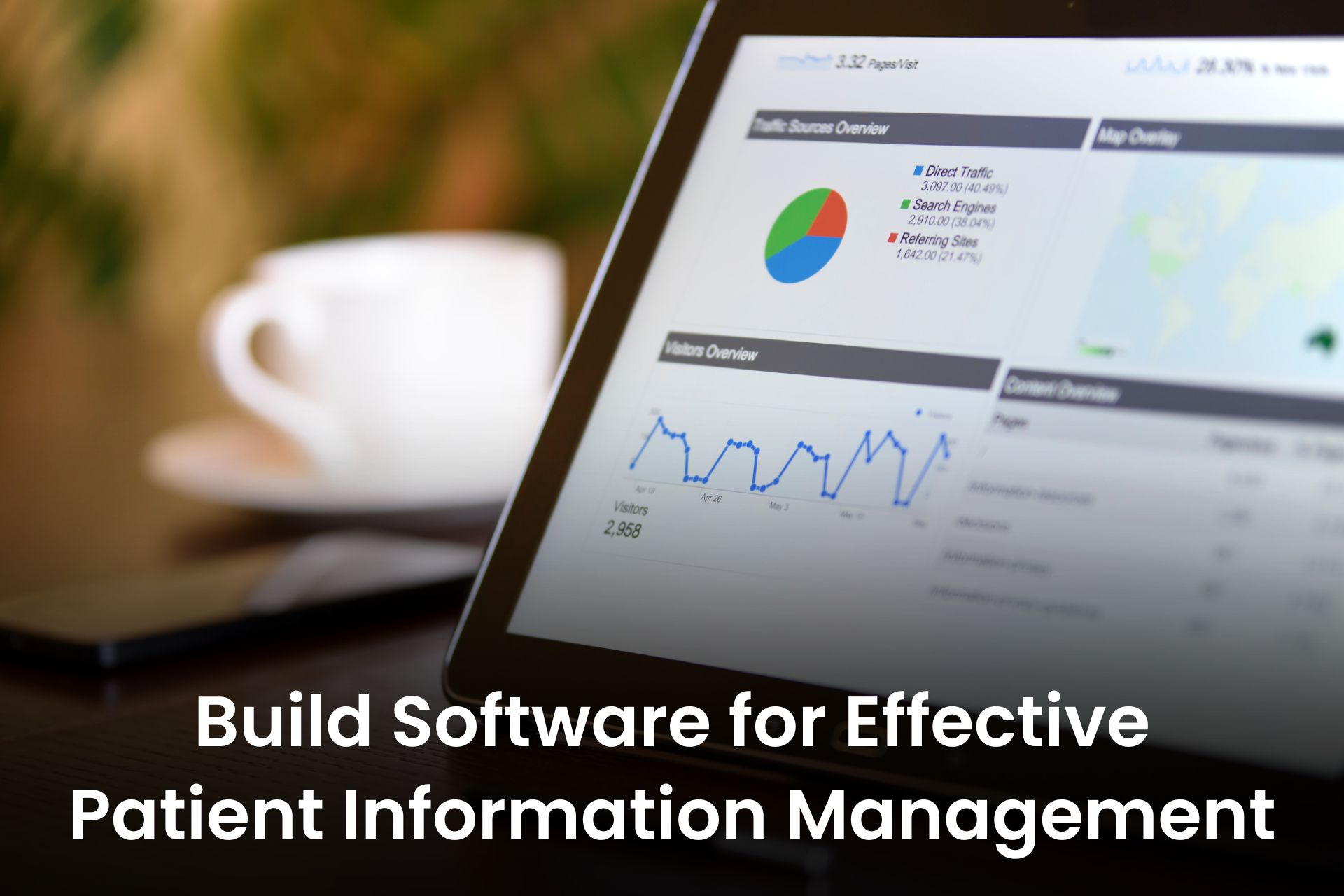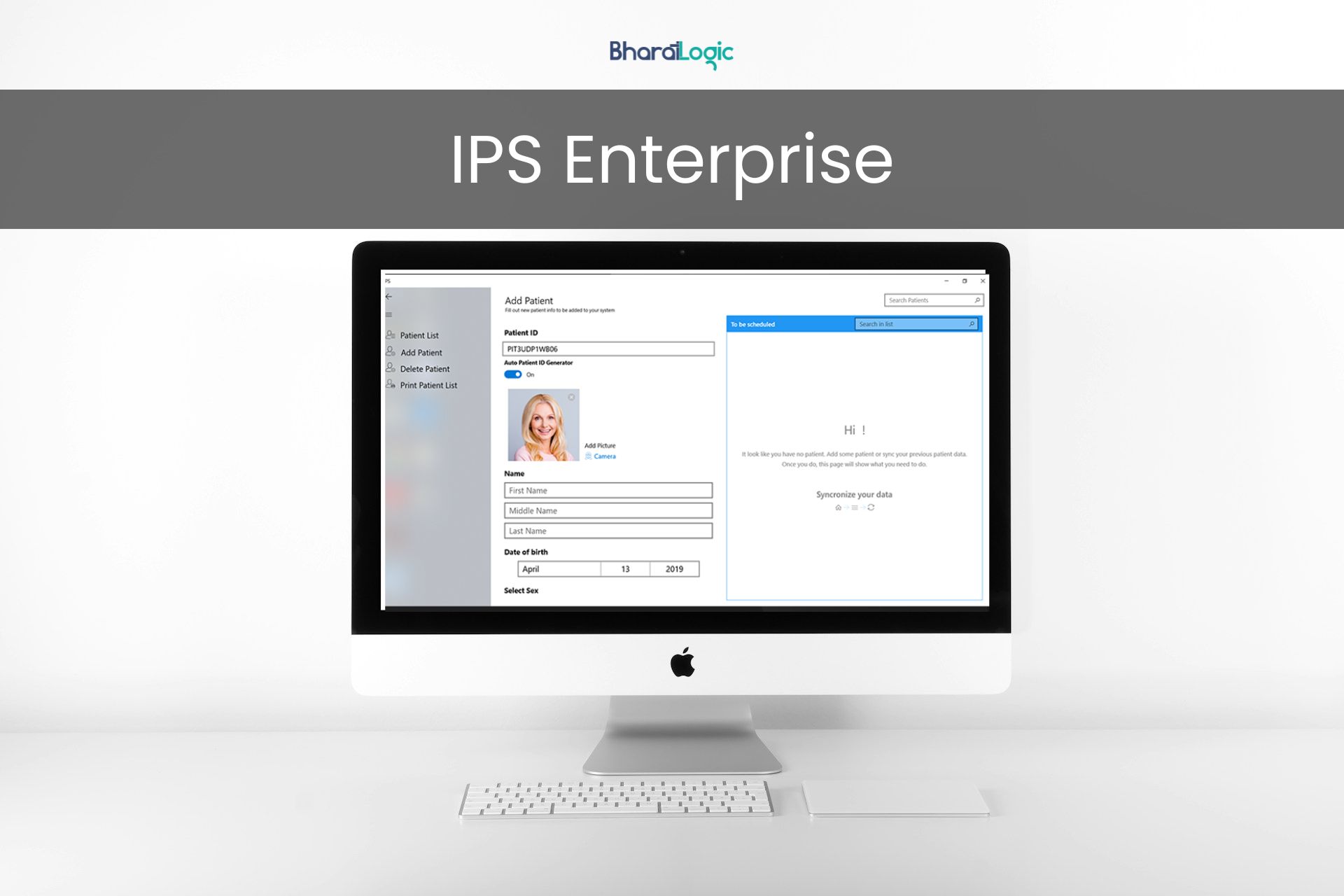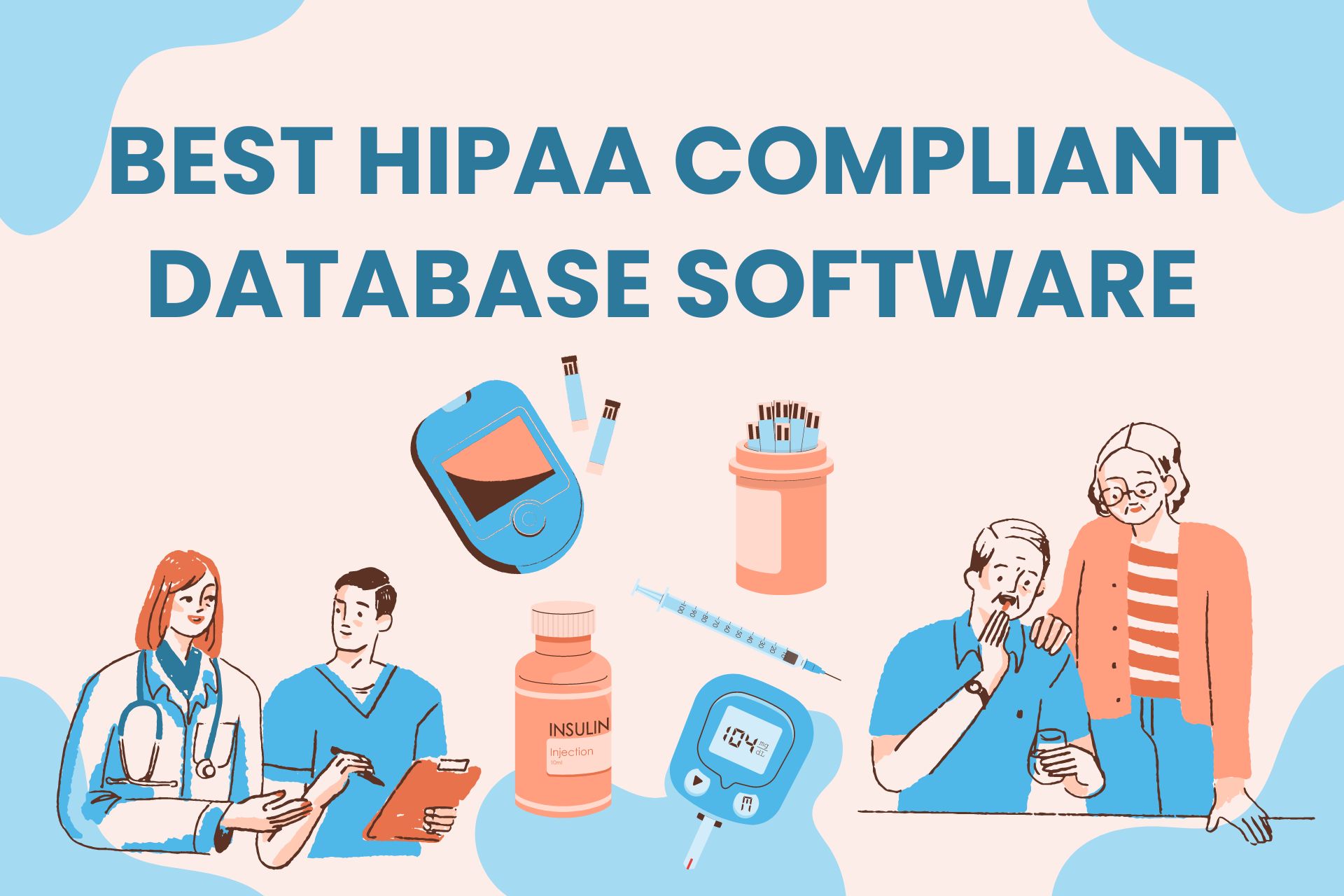Data-Driven Healthcare: How Data Analytics is Revolutionizing Healthcare
In recent years, there has been a significant shift in the way healthcare providers are using data analytics to improve patient outcomes and streamline operations. With the increasing availability of electronic health records and other sources of health data, healthcare organizations are now able to harness the power of data to drive decision-making and deliver more personalized and efficient care.
The Impact of Data Analytics in Healthcare

Data analytics has the potential to revolutionize healthcare in a number of ways. By analyzing large volumes of data, healthcare providers can uncover insights that were previously hidden, allowing them to make more informed decisions and provide more accurate diagnoses and treatment plans. Data analytics can also help identify patient populations that are at risk for certain health conditions, allowing healthcare providers to intervene early and prevent more serious health issues from developing.
In addition, data analytics can help healthcare organizations improve their operations and increase efficiency. By analyzing patient flow, resource utilization, and other key metrics, healthcare providers can identify areas for improvement and make changes that can lead to cost savings and better patient care. Data analytics can also help healthcare organizations better manage their supply chain and reduce waste, leading to lower costs and improved patient outcomes.
Types of Data Analytics in Healthcare

1. Descriptive Analytics:
Descriptive analytics involves the collection and examination of historical data to identify patterns and trends. This type of analysis is commonly used to track patient demographics, medical history, and treatment outcomes. By analyzing this data, healthcare providers can gain valuable insights into their patient population and make more informed decisions about patient care.
2. Predictive Analytics:
Predictive analytics uses machine learning algorithms to forecast future outcomes based on historical data. This type of analysis is particularly useful in identifying at-risk patients, predicting disease progression, and optimizing treatment plans. By leveraging predictive analytics, healthcare providers can proactively intervene to prevent adverse events and improve patient outcomes.
3. Prescriptive Analytics:
Prescriptive analytics goes a step further by providing recommendations for action based on predictive models. This type of analysis can help healthcare providers optimize treatment plans, reduce costs, and improve patient satisfaction. For example, prescriptive analytics can be used to recommend personalized treatment options based on a patient’s medical history, genetic makeup, and lifestyle factors.
Uses of Data Analytics in Healthcare

1. Personalized Medicine:
Data analytics is revolutionizing personalized medicine by enabling healthcare providers to tailor treatment plans to individual patients. By analyzing genetic data, medical history, and lifestyle factors, providers can identify the most effective treatments for each patient and minimize the risk of adverse events. Personalized medicine is particularly beneficial in the treatment of chronic diseases, such as cancer and diabetes, where one-size-fits-all approaches may not be effective.
2. Population Health Management:
Data analytics is also transforming population health management by enabling healthcare providers to identify trends and patterns across large patient populations. By analyzing demographic data, medical history, and treatment outcomes, providers can identify at-risk populations, track disease prevalence, and implement targeted interventions to improve health outcomes. Population health management is critical for addressing public health challenges, such as infectious diseases, chronic conditions, and healthcare disparities.
3. Real-Time Monitoring:
Data analytics is enabling real-time monitoring of patient health through wearable devices, smart sensors, and telehealth platforms. By collecting and analyzing data in real time, healthcare providers can track patient vitals, monitor treatment adherence, and detect early warning signs of potential health issues. Real-time monitoring is particularly beneficial for patients with chronic conditions, such as heart disease, diabetes, and hypertension, who require ongoing care and support.
4. Fraud Detection:
Data analytics is also being used to detect and prevent healthcare fraud, waste, and abuse. By analyzing claims data, billing patterns, and provider behavior, healthcare organizations can identify suspicious activities and take action to prevent fraudulent activities. Fraud detection is critical for reducing healthcare costs, protecting patient privacy, and ensuring the integrity of the healthcare system.
Challenges and Opportunities in Data-Driven Healthcare

While data analytics holds great promise for improving healthcare, there are also a number of challenges that healthcare organizations face in implementing data-driven initiatives. One of the biggest challenges is the sheer volume of data that is generated in healthcare on a daily basis. Healthcare organizations must have the infrastructure in place to collect, store, and analyze this data in order to derive meaningful insights.
Another challenge is the need for healthcare providers to have the necessary skills and training to effectively use data analytics tools. Healthcare providers must be able to interpret and analyze data in order to make informed decisions, and this requires a level of data literacy that many providers may not currently possess. In addition, healthcare organizations must also ensure that they have the necessary data security measures in place to protect patient privacy and comply with regulatory requirements.
Despite these challenges, there are also many opportunities in healthcare to leverage data analytics to improve patient care and drive better outcomes. By investing in technology and training, healthcare providers can unlock the potential of their data and use it to drive innovation and improve patient outcomes. For example, by using predictive analytics to identify patients at risk for readmission, healthcare providers can intervene early and prevent unnecessary hospitalizations.
Also: Streamlining Patient Management :Enhancing Patient Overview through Scheduling Program Integration
Case Studies in Data-Driven Healthcare
Geisinger Health System, which has used data analytics to improve patient care and reduce costs. By implementing a data-driven approach to managing chronic diseases such as diabetes, Geisinger has been able to improve patient outcomes and reduce hospitalizations. By analyzing data on patient outcomes and treatment patterns, Geisinger has been able to identify best practices and standardize care protocols, leading to better outcomes for patients and lower costs for the health system.
The Future of Data-Driven Healthcare

As healthcare organizations continue to invest in data analytics and other technologies, the future of data-driven healthcare looks bright. With advances in artificial intelligence, machine learning, and other technologies, healthcare providers will have even more powerful tools at their disposal to analyze data and drive better outcomes. By harnessing the power of data, healthcare organizations can improve patient care, reduce costs, and ultimately save lives.
Conclusion
Data analytics is revolutionizing healthcare by providing healthcare organizations with the tools they need to deliver more personalized and efficient care. By analyzing large volumes of data, healthcare providers can uncover insights that were previously hidden, allowing them to make more informed decisions and improve patient outcomes. While there are challenges to implementing data-driven initiatives, there are also many opportunities for healthcare organizations to leverage data analytics to drive innovation and improve patient care. The future of data-driven healthcare looks bright, and by investing in technology and training, healthcare providers can unlock the potential of their data and drive better outcomes for patients.
Maximize your potential with Bharatlogic, a premier software development company specializing in native and cross-platform solutions. Our expert team will work closely with you to create a customized software solution that perfectly aligns with your unique needs. Trust in our proven track record of success and let us help you achieve your goals with efficient and effective technology solutions.
Contact us today to learn more about how we can support your upcoming projects.







